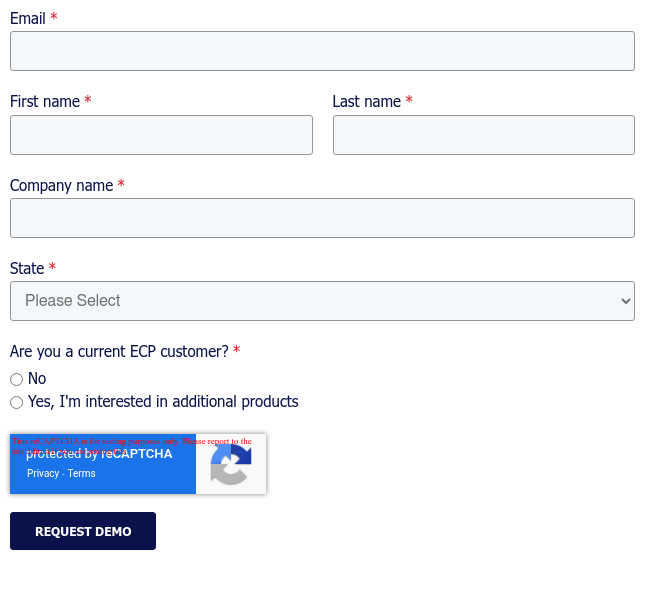New Jersey Regulation Chapter 36 (36-23.17): Reportable Events
In recent years, the demand for assisted living residences and comprehensive personal care homes has increased significantly, leading to a growing need for stringent regulations to ensure the well-being of residents. New Jersey, in its commitment to providing high-quality care, has implemented Regulation CHAPTER 36 (36-23.17) governing reportable events in assisted living residences, comprehensive personal care homes, and assisted living programs. This blog post aims to shed light on these essential regulations, emphasizing the significance of reportable events in maintaining the standards of care and safety for vulnerable individuals.
Understanding Regulation CHAPTER 36 (36-23.17)
This chapter outlines the standards for licensure of assisted living residences, comprehensive personal care homes, and assisted living programs. One crucial aspect of these regulations pertains to reportable events. Reportable events refer to incidents, occurrences, or developments that pose a risk to the health, safety, or welfare of residents in these facilities. It is mandatory for facilities to promptly report these events to the appropriate authorities and use this form.
Key Reportable Events
-
Abuse and Neglect: Any form of physical, emotional, sexual, or financial abuse, as well as neglect, must be reported immediately. This includes incidents involving staff members or other residents.
-
Accidents and Injuries: Any accidents resulting in injuries that require medical attention beyond basic first aid are considered reportable events. This ensures that even minor incidents are documented, preventing potential patterns of negligence.
-
Medical Emergencies: Instances where a resident requires urgent medical attention, such as heart attacks, seizures, or strokes, fall under reportable events. Timely reporting can lead to swift medical interventions.
-
Medication Errors: Administering the wrong medication or incorrect dosage can have severe consequences. Reporting such errors helps prevent similar incidents in the future and ensures residents receive the appropriate medications.
-
Elopement/Wandering: If a resident with cognitive impairment wanders away from the facility or leaves without supervision, it is considered a reportable event. Quick reporting is vital to locating the resident promptly and ensuring their safety.
-
Infectious Diseases Outbreaks: Outbreaks of infectious diseases like flu, norovirus, or COVID-19 must be reported promptly. Timely reporting allows for appropriate measures to be taken to prevent the spread of the disease within the facility.
Significance of Reporting
Reporting these events promptly serves several crucial purposes:
-
Immediate Resident Safety: Quick reporting ensures that residents affected by these events receive prompt medical attention and necessary care, minimizing potential harm.
-
Prevention of Recurrence: Reporting incidents allows facilities to investigate the root causes, implement corrective measures, and prevent similar events from happening in the future.
-
Regulatory Compliance: Adhering to reportable event regulations ensures that facilities comply with state guidelines, avoiding legal repercussions and ensuring continued operation.
New Jersey's Regulation CHAPTER 36 (36-23.17) plays a pivotal role in upholding the standards of care in assisted living residences, comprehensive personal care homes, and assisted living programs. By understanding the significance of reportable events and promptly reporting them, these facilities can maintain a safe and secure environment for their residents. It is crucial for both caregivers and families to be aware of these regulations, fostering a collective commitment to the well-being of vulnerable individuals in these care settings.
Please fill out the form below or email sales@ecp123.com if you are interested in a free personalized demo of ECP.

